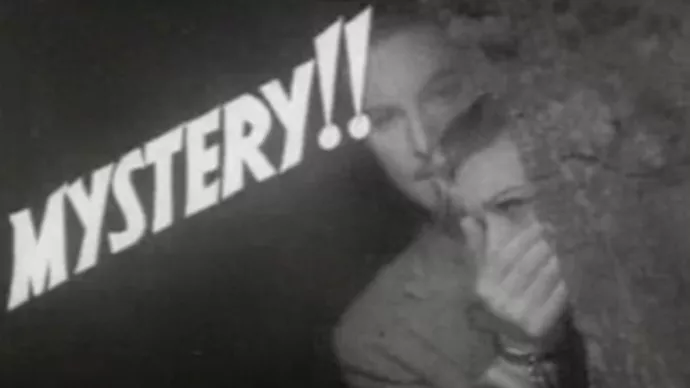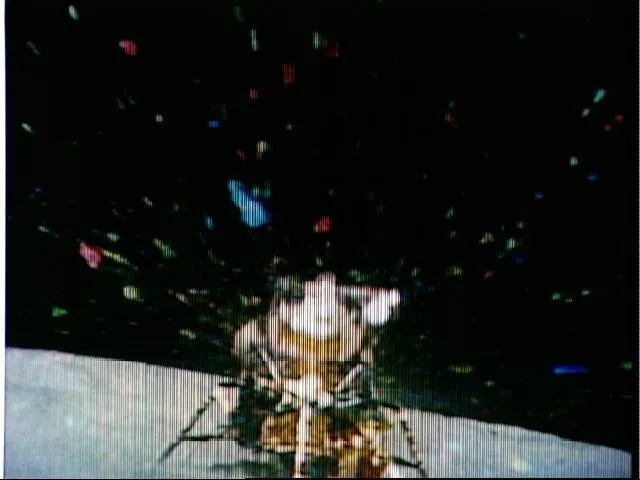
DVS’s Cinema Studies programs are devoted to the stylistic, historical and theoretical analysis of film. Students learn about film as a unique mode of communication in the 20th and 21st centuries, while also investigating what it is that film can be said to share with allied art forms. In addition to surveys of major world cinemas, students in the program will also be concerned with many questions about the relation between aesthetics and politics as well as how moving images have an impact on personal and cultural identities and on society in general.
In Cinema Studies, students have the opportunity to learn from scholars who are active in this growing and relevant field of study. Most of our faculty are also cross-appointed to University of Toronto's tri-campus Cinema Studies Institute, which offers graduate degree programs.
For the Major, students take 7.5 credits, including CIN101H5, CIN102H5, ISP100H5, and 6.0 additional credits from CIN and/or cross-listed courses. The program is organized around three clusters, “Auteurs,” “Cinemas in Context,” and “Genres;” students need to take courses in each one. For details of program distribution requirements, see the UTM Course Calendar (link)
For the Minor, students take a 4.0 credit minor in Cinema Studies. Introduction to Cinema Studies (CIN101H5) is a required course. The remaining 3.5 credits can be selected from Cinema Studies courses or cross-listed courses in Visual Culture and Communication, Drama, French, German or Italian. Cinema courses in the latter three departments are offered in English.
- Degree options: Major and Minor
- Degree requirements: visit the UTM Course Calendar.
- What courses will I take? Cinema Studies students take courses with the prefixes VST and CIN. A full listing of these courses can be found by visiting the All DVS Courses page of this website. A number of courses in the Drama, French, German and Italian departments are also cross-listed with Cinema Studies. A list of these is provided below.
Possibilities with a Cinema Studies Degree

Related careers include positions in film and media institutions such as festivals, archives, distribution centres and cinemas, or simply a deeper engagement with cinema, television and new media. Students can also deepen their knowledge of the subject area through graduate study.
Cross-listed Courses
In addition to Department of Visual Studies CIN courses, the following courses in other UTM departments can also count towards a Cinema Studies degree:
- DRE352H5 Stage to Screen (HUM)
- FRE393H5 French Cinéma: An Introduction (HUM)
- FRE397H5 Films of the Francophone World (HUM)
- GER353H5 German National Cinemas (HUM)
- GER354H5 Topics in German Cinema Studies (HUM)
- ITA242Y5 Classics of Italian Cinema of the Sixties and Seventies (HUM)
- ITA243Y5 Classics of Italian Cinema of the Sixties and Seventies (HUM)
- ITA306H5 Modern Italian Literature and Cinema (HUM)
- ITA307H5 Modern Italian Literature and Cinema (HUM)
- ITA342Y5 Post War Italian Cinema (HUM)
- ITA343Y5 Post War Italian Cinema (HUM)
Check each course description carefully to ensure that you meet the prerequisites. From time to time, other UTM departments will introduce courses that are based in the study of films. If you find a course that is not cross-listed but which you would like to take for credit towards the minor, please contact Stephanie Sullivan, Undergraduate Counsellor, to request that the course be evaluated for special permission or cross-listing.
